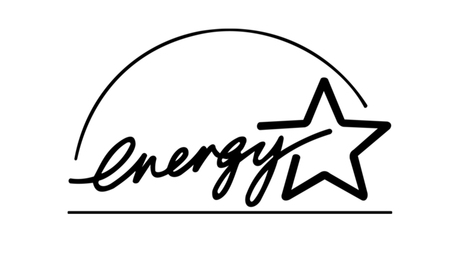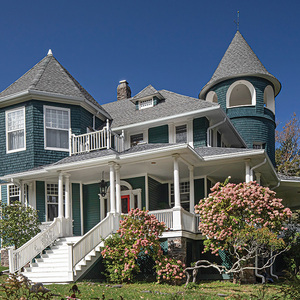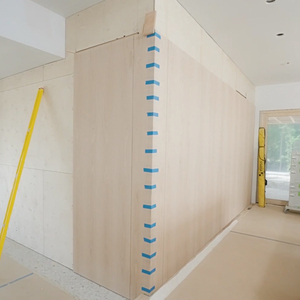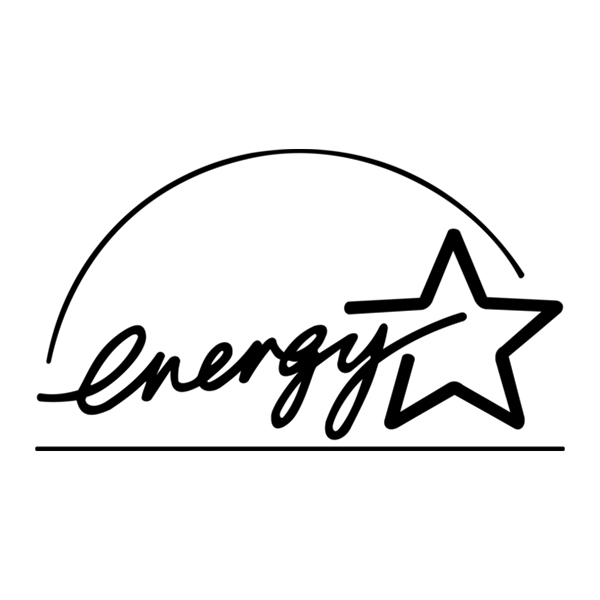Does anybody know which is better, tinning flux or regular flux? What is the advantage or disadvantage of tinning flux.
I read that tinning adds a small amount of silver to the joint so the flux won’t boil out. Does this make a stronger joint?
How about water soluble flux, any advantage or disadvantage? I saw oatey makes a h2o tinning flux. Best of both worlds or a waste of money.
I’ve been using oatey safe-flo silver lead free solder for a while with no problem. Is the an advantage to regular 95/5 solder?



















Replies
regular is 50/50 to 60/40 and how are you getting away with using leaded solder on anything....
defer to solder mfg's recommended flux.....
Life is not a journey to the grave with the intention of arriving safely in a pretty and well preserved body, but rather to skid in broadside, thoroughly used up, totally worn out, and loudly proclaiming
WOW!!! What a Ride!
I dont use 50/50 solder at all. Like I said it's oatey safe-flo lead free solder.
Here is a link to what I use.http://www.oatey.com/apps/catalog/showskus.asp?ctg=7&subctg=0&prodgrpid=364 .
On there site they show a regular 95/5 solder. Is it better than what I'm using.
My flux is No.5 paste flux, also on there site. Is tinning flux better than No.5 flux.
Sorry if I wasn't clear on my question.
I solder once in a while. I like the tinning flux cuz I'm a crappy solderer and I have no problems when I use it. I'm not too sure what it's actual purpose is, but it works fine for regular soldering.
Was working with an HO doing his own soldering a while back, he got some tinning flux halfway through without realizing it & was wondering why his joints were turning out so poorly....when we realized it was tinning flux we went back to regular & problem solved...
if I had to guess I'd say tinning flux was for flat work...
Lead free solder and the manufactures recomended flux is the way to go. If you use flux for 50/50 it won't work with lead free solder and vice versa. The difference in strength of one product vs another on traditional supply side plumbing won't amount to a hill of beans so I wouldn't worry about it. DanT
How do you know what specific flux is recommended for a given solder? I don't remember ever seeing a manufacturer's recommendation on the solder packaging.
Either ask the guy at the plumbing supply house or..........buy the same brand of soler and flux. Manufactures typically make products to work together. DanT
I'm no plumber, but occasionally have to do some soldering in remodels. Have always used 50/50 for heating pipes and lead-free for the supply lines -- using the same flux for both.Thanks for info.
Certain brands of flux works with both........some don't. I just follow the advice I gave to be sure. Call backs pay nothing. DanT
50/50 is too low temp and whimsical for heat lines....
doesen't anybody silver solder any more...
Life is not a journey to the grave with the intention of arriving safely in a pretty and well preserved body, but rather to skid in broadside, thoroughly used up, totally worn out, and loudly proclaiming
WOW!!! What a Ride!
I thought silver was still used on A/C but I guess they use a low temp solder/brazing type rod now with a flux. You sure don't hear of it like you used too though.
I know one HVAC guy that used no lead on A/C. Maybe ok but makes me nervous. DanT
that'd make me nervous too...
Life is not a journey to the grave with the intention of arriving safely in a pretty and well preserved body, but rather to skid in broadside, thoroughly used up, totally worn out, and loudly proclaiming
WOW!!! What a Ride!
After installing all new copper in a few rehabs, this is the combo I came up with and have had nothing but clean leakproof joints.
Oatey SafeFlo Solder with La-Co Ultimate B813 Flux (http://www.laco.com). This stuff is sweet.
I have use the Oatey Tinning Flux, but find that Laco is still superior.
Did you say this was for plumbing somewhere in your post? I just finished a lot of electrical soldering so that's what I was thinking..... Tyr
"I've been using oatey safe-flo silver lead free solder for a while with no problem. Is the an advantage to regular 95/5 solder?"
The Oatey Silver solder is of the Tin/Silver/Copper/Bismuth type.
As you can see, an advantage over the Antimony solder is a lower melting point, but both have a very narrow 'pasty' working range compared to Lead solders (not listed) or solder with more silver in it. This is the property that annoyed plumbers when switching from lead. Both are very strong in pipe joining applications (compared to lead), though the limits are never approached is residential applications. I believe the Oatey Silver costs more.
Composition
Celsius
Farenheit
Sol
Liq
Solid
Liq
Tin/Silver 95/5
221
245
429.8
473.0
Tin/Silver/Copper/Bismuth
96/2.5/0.5/1
214
218
417.2
424.4
Tin/Antimony 95/5
235
240
455.0
464.0